Africa
The chief executive of one of Africa’s largest telecommunications providers said on Tuesday that Africa is not ready for next-generation 5G network.
MTN’s CEO, Rob Shuter, was speaking on the sidelines of the UN organised ITU Telecom World that brought together thousands of people from government and the industry in Durban, South Africa.
5G networks, now in the final testing stage, will rely on denser arrays of small antennas and the cloud to offer data speeds up to 50 or 100 times faster than current 4G networks and serve as critical infrastructure for a range of industries.
“This is the technology that would be used for very specific cases. It would not be a technology for everybody because most people don’t need it, your phone works fine on just 3G,” Rob Shuter said.
Shuter added that the continent would likely be ready to embrace the super-fast technology in about five years from now.
“You also need the equipment itself. So right now there’s no 5G handsets and even the routers that can receive 5G network are very few and very expensive.”
3G is still ‘more relevant’
Many of MTN’s users in emerging markets across Africa and the Middle East are still awaiting 4G and are likely to have to get by with 3G connections for years more.
“What we are doing now is to learn from the technology and get our network ready for it but I think 3G is much more relevant in most of our markets,” he said.
Shuter declined to comment on his company’s multibillion dollar dispute with Nigeria authorities because the matter is before a court in the west African country.
MTN operates in more than 20 frontier markets including war-ravaged Syria and Afghanistan, which account for a third of its annual core profit.
REUTERS



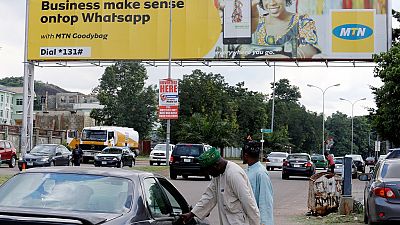



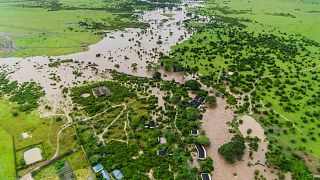
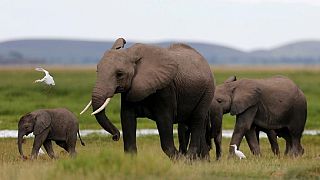


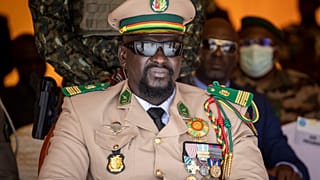
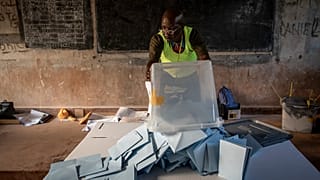
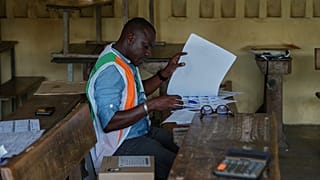
01:32
Africa Cup of Nations moves to 4-year cycle
00:54
Spanish police evict hundreds of mostly illegal migrants living in a squat
01:06
Trump administration expands U.S. travel ban to five more countries
01:11
Malaria deaths, cases surged in 2024 with gains at stake - Report
01:19
Conservationists push for tighter controls as exotic pet trade surges online
00:00
Pope Leo says he hopes to visit Africa in 2026 as he wraps up his first foreign trip